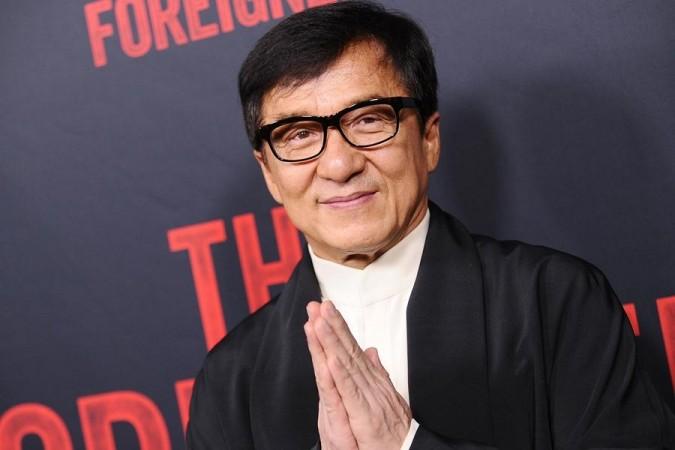Martial arts have become a popular, much-encouraged form of self-defence but it is transnational artist, actor Jackie Chan who embodies and deploys a cosmopolitical perspective. There's nothing that Chan can't do. The star possesses several qualities that make him popular in a room full of action film figures such as Chow Yun-Fat, Jet Li, and Michelle Yeoh.
It was in the 1980s phase when he had witnessed a consistent rise in Asia, the United States and Europe. In India too, Jackie Chan became a more popular figure in the post-liberalisation phase which happened in the 90s.
The love for Jackie Chan had crossed international lines that made him gain a broader appeal worldwide. He became the most commercially successful Asian film personality since Bruce Lee, largely since Chan asserted a high degree of creativity in his film projects, whose action sequences were focused on glorifying martial arts. There, he worked as a director, producer, choreographer and sometimes even a writer.

But not every personality in Hollywood took martial arts and the artists seriously. One would notice that aspect in a shot segment of Quentin Tarantino's Once Upon A Time In Hollywood where the director downright insulted Bruce Lee and his legacy, which led to more controversies later that was taken up by his daughter.
Tarantino probably did not understand but that was where he encouraged an Asian-hate crime, which figures like Chan had tried to break and at present Hollywood celebrities such as Steven Yeun, Mindy Kaling, Simu Liu, and Lulu Wang are trying to fight.
Jackie Chan is not just any other artist, comedian trying to make his way in Hollywood. His entire persona has a significant force that has made The Academy throw an Honorary Award at him. Chan creatively engages himself with conflicting socio-political sensibilities.
Even in his Bollywood projects such as Kung Fu Yoga, you don't have to watch Chan with seriousness, or with the expectation of watching complex stories, but you can silently wait for the fighting sequences to come in.

You wouldn't immediately call Jackie Chan a Chinese star, since, in the era of globalisation, he has become a household name, even in countries with whom China does not share cordial relations. Chan's emergence as a cosmopolitan icon took place when he continued to bring Hong Kong to every corner of the world, which eventually led everyone to visit Hong Kong and experience the unicity of the China-based city.
In Chan's work of films, you would find an aspect of British colonialism, that's single-handedly shattered by a strong force of relatable Chinese nationalism. Despite hailing from other nationalities, you strongly connect with Jackie Chan's roots, since what he really brings on-screen is the identity of a man who proudly holds his culture, remains proud of his roots and does not feel insecure about his Asian identity.

He reminds Asians settled all over the world that you can either be proud of your ethnicity, keep your head high and care about your ancestry, or you can be the insecure Asian who quickly grabs on to another culture only to be welcomed in a white man's club. The latter can be an identity, but it may not always be a respectable one.

















